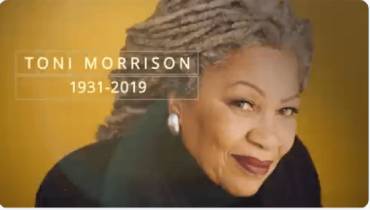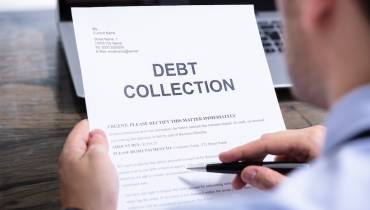Interested in Podcasting? Keys for Starting a Successful Podcast
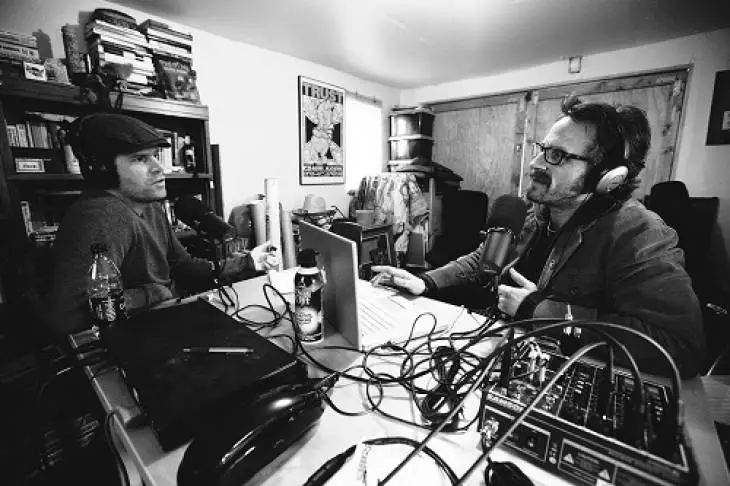
It seems every content creator, entrepreneur, and publisher is dipping a toe into the digital audio waters – and for good reasons too. Podcasting is a powerful marketing tool that can significantly grow your audience, influence, and trust with listeners.
The Appeal and Benefits of Starting a Podcast
A key benefit of starting a podcast and podcasting consistently is that it allows listeners to consume content without disrupting their daily routines. The podcast listener doesn’t have to keep her eyes glued on a video or on a mobile screen to enjoy your content. She can consume the content you offer while also doing something else, such as driving to work or working out at the gym. This has made the audio content format quite popular as it fits seamlessly into people’s lives.
People also consume podcasts differently. The average length of a video on YouTube is about 11.7 minutes long, with most videos ranging between 2-12 minutes, as of 2023, which represents the time it takes to view a typical online video in full. Podcast episodes, on the other hand, generally last from between 30 minutes to as long as an hour-and-a-half, or more. That’s more than ample time to share your message in full and showcase your expertise in details in a podcast.
However, starting a podcast and consistently podcasting can be tricky to execute. There are those who have even claimed that podcasts don’t work, arguing there is too small of an audience to justify the investment. In most cases, the quality and reach of podcasts will be directly proportional to the time and resources you put into it. This means you need to plan well beforehand to succeed, and continue doing so after you launch your podcast.
10 Tips for Starting and Running a Successful Podcast
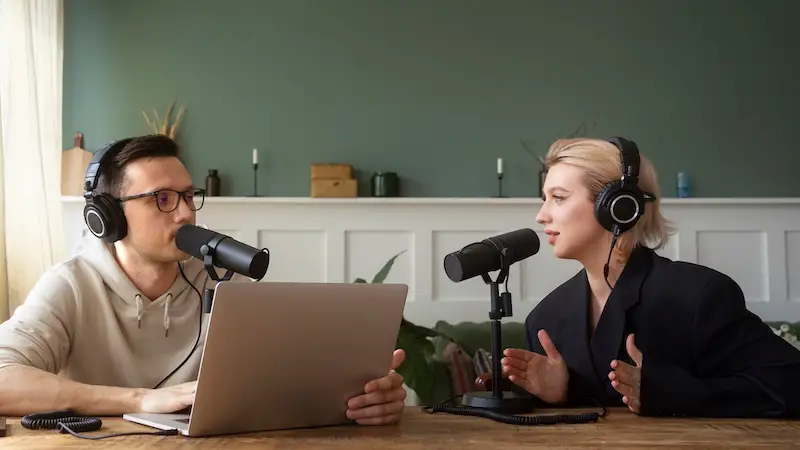
If you are ready to start a successful podcast, there are some key things you should consider to ensure you’re off to a winning start.
Of course, every podcast is different, but these tips should help you navigate your way through the process and make your podcast more successful:
1. Choose a topic you are passionate about
Starting a podcast demands hard work, more than you might think. It is, therefore, important to prepare psychologically for the work ahead. Choose a topic you are passionate about that you can talk about naturally for extended periods of time. When you choose a topic you’re passionate about, you will be able to stick with it for the long haul.
To identify that topic, ask yourself if you can fill 30 to 60 minutes just talking about your topic off the top of your head. If you can, you've found your topic. Now think of how to make it more interesting and valuable. Search iTunes for other podcasts in your niche to get ideas. Did you choose a crowded niche with many existing podcasts? Think of ways to differentiate your show from others, such as focusing on a sub-niche.
2. Invest in high-quality equipment and audio editing software
If you are on a tight budget and or are starting off solo, get things rolling with a good quality and affordable microphone like the Audio-Technica AT2020 USB Mic. Use free computer software like Skype and Audacity to record and edit your shows, and host the shows on Libsyn ($5/month).
However, aim to invest in higher-quality equipment and audio editing software that will make a big difference in the quality of your work. For example, invest in sound recorders like the Tascam DR-60D, Tascam DR-100mkII and Zoom H5 that are all better choices for recording into a computer.
3. Employ in-house or freelance help
Preparing a podcast can take up a great deal of your time. If you are trying to record a remote interview, for example, you may find it necessary to hire a freelancer to do a tape sync.
In such cases, it’s advisable to hire a producer or editor to help you out with production. Reach out and employ other pros whenever you need help. This can protect you from burnout and improve your show quality.
4. Pick a dedicated space for recording
Picking a dedicated recording space improves your productivity by removing distractions. It can also enhance your producer’s ability to make high quality sounding episodes.
You can set up a recording space at home (a home studio) or set it up as a production space in an auxiliary facility – the quietest place to record.
5. Polish your podcast aesthetics
Music and art for the podcast are oftentimes among the last decisions made when making the show, but these are critically important for creating a successful podcast. Pay a little extra for original music, rather than using cheesy stock music. The investment can pay huge dividend.
And think hard about the podcast’s logo design. A logo sets your podcast, brand apart and also serves to give a good first impression for prospective listeners.
6. Choose the right show length
The length of a podcast can encourage or discourage people from listening to your show. Break down the show into segments and allot an appropriate amount of time to each segment.
Generally, 30 to 50 minutes is a good length for a full episode as it is long enough to pack in quality, in-depth conversation, and short enough to fit within the typical work commute.
Some people, however, opt for quick episodes of under 20 minutes each, which is still okay as long as you are consistent with your show length. You don't want to set your audience's expectation for 40 minute episodes and then deliver a 15 minute episode. People might come out of the show feeling shortchanged.
7. Set the show schedule
Pick a publishing schedule that works for you and your audience. You already know who your target audience is. Determine if you will publish your podcast once or twice a week, or even once a month.
Whatever schedule you choose, keep it consistent. A quick way to lose audience membership is to release a show six weeks in a row, then go on hiatus for several months. People appreciate a regular schedule and a regular release day in the week.
8. Build community around your podcast
Uploading your show to Apple Podcasts and crossing your fingers that people will find it is not a good plan to build community. Instead, research topics that garner the most interest from your audience and let them help shape the direction of the show.
Ask for feedback, conduct polls, surveys and pitch relevant publications for coverage. Cross-promoting on podcasts with similar audiences is also an effective marketing strategy that'll bring in subscribers. Keep a close eye on your podcast's analytics using tools like blip.tv to ensure you are making good progress.
9. Integrate your podcast with social media
Social media integration helps your audience spread the word about your podcast faster. But, while sharing is great, podcast ratings are arguably better.
Ask you subscribers to rate and review your podcast on Apple Podcasts and other podcast directories. This will help to boost its standing within the podcast directory.
Subscriber ratings and reviews are one of the best ways for your audience to help you get discovered.
10. Monetize Your Podcast
Similar to starting a profitable blog, starting a successful podcast should be about producing quality and authentic content first and then monetization second. Monetizing your podcast can entail selling advertising placements on your show. However, just like advertising on a blog, selling advertising on a podcast may require a large audience to bring in real revenue.
A more viable – and perhaps more rewarding – podcast monetization option is to simply build your personal brand using your podcast as the medium. A strong personal brand can translate into speaking engagements and other attractive business opportunities. Just look at people with strong and profitable personal brands like Seth Godin, Marie Forleo, Susan Cain, and Gary Vaynerchuk to see how this can be a more powerful and rewarding monetization strategy.
Image credit: Rosenfeld Media/Flickr








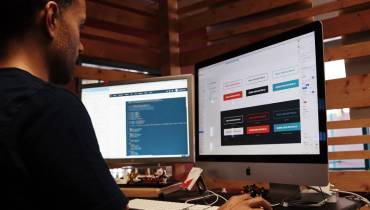

![9 Tips for Managing Your Online Writing Projects Efficiently [node:titile]](/sites/default/files/styles/video_thumbnail_bottom/public/open-book-laptop-online-writing-tips.jpeg?itok=rI4zR3a-)
